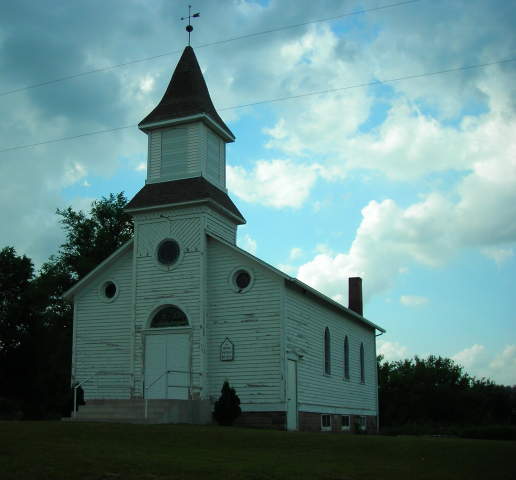Last week I tried to explain what open source and open formats are. This week, before looking at more practical reasons, I want to touch on the first reasons, namely that churches and the open source community share a lot of the same values.
I’m convinced that too much of the church (here in America anyway) has been too influenced by business models. Church growth and evangelism takes it’s cue too often from marketing. Products are sold to share the message of the gospel like a commercial advertisement rather than a proclamation of victory. (As an aside I think the church is partly to blame for the commandeering of the term ‘evangelism’ by marketing people.) I see ministers who model themselves more as CEOs than shepherds and worship is more of a product to sell instead of adoration of the God who saves. Therefore, I think its always healthy for the church to rub shoulders with other models of work: Eugene Peterson recommends reading a book about farming to consider our work as a pastor. Poets and novelists are much better companions to preachers than politicians and self-help gurus. There is nothing inherently wrong with sales or marketing — but the Church is not a peddler meeting religious needs.
Open Source Software operates on a different model from the idea of software as a product. Of course businesses involved still work to make money, but it is not through selling software. Software is created through volunteers or by programmers paid by companies that understand the value of open software. I believe that this community driven model has some commonalities to the way the Church operates.
- It is based on cooperation: people from a variety of backgrounds, with different needs work together to create a solution. In the Church, we share a common mission with the church down the road of a different denomination. Our work is not competing against the benevolent work of Goodwill. We cooperate with different agencies, churches with different beliefs and others to accomplish good in our community. Additionally, this cooperation should mean the work and involvement of everyone, all church members should participate actively in the work and mission of the Church.
- Transparency: One of the things I really like about open source is you can see exactly what’s going on, you can see the problems and understand how things work. I believe a healthy Church is transparent to the members. Anyone can sit in meetings that make decisions, people know exactly where money is being spent and we can discuss problems openly with each other to resolve them.
- Service: While it’s not part of the Open Source definition, Free software is involved with some projects that seek to serve others. I’ll mention just a couple:
- Ubuntu Linux is a type of the GNU/Linux operating system. (It’s something that other programs can run on instead of Windows.) Part of the goals of Ubuntu, which is an African word that means ‘humanity to others’, is to be free of charge and accessible to as many people as possible. One of the ways they fulfill this is by mailing CDs free of charge (not even charging for shipping!) You can find it here.
- Another project is the One Laptop Per Child that is providing laptops loaded with education software to children in developing countries. Free software seriously lowers the cost, first in the price of the hardware needed to run it and secondly by not having to pay for licensing fees.
I really like feeling connected in some way to this type of work.
Again, I don’t want to try to lift the importance of the tools we use to do the work of the ministry to a central position, I simply hope to point out some good reasons congregations should consider the alternatives when deciding what tool is best for them. Next week I’ll mention some more practical reasons for using Open Source.
